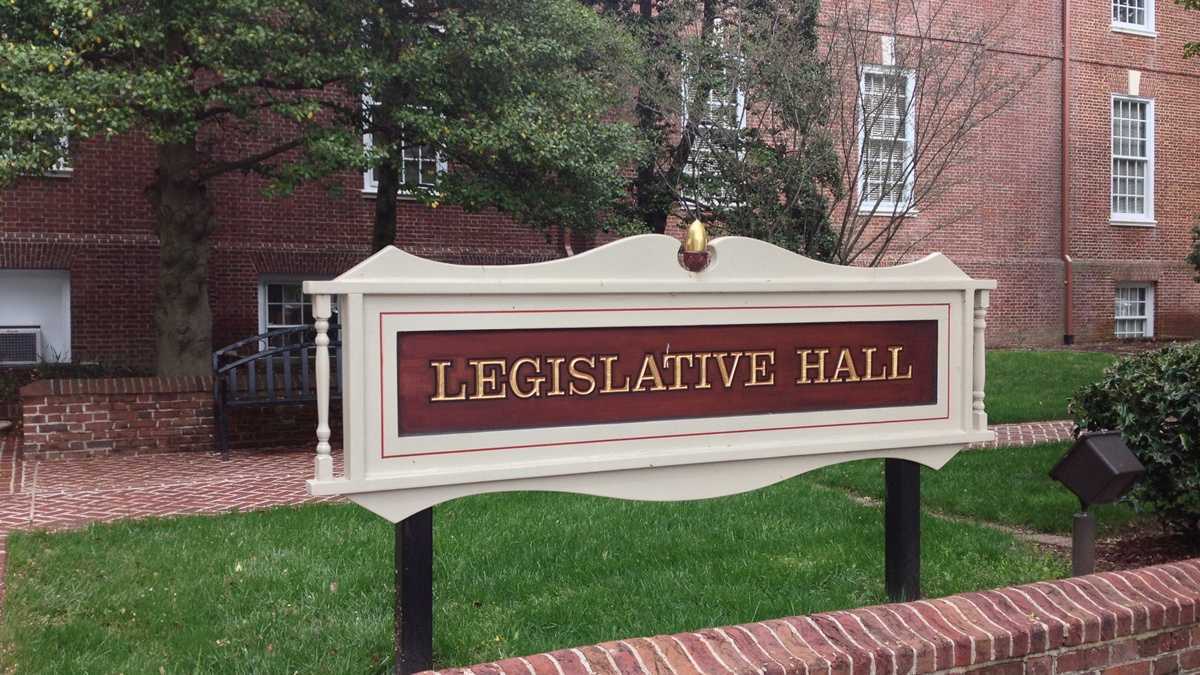Delaware State budget proposal emphasizes STEM, pay raises

(file/Newsworks)
Delaware State University hopes to launch a new engineering technology degree this fall, but it’ll need a little help from the state legislature.
$858,000-worth of help, to be precise.
The degree program was among the university’s top priorities when it presented its proposed FY 2016 budget to the General Assembly’s Joint Finance Committee on Thursday.
Overall, Delaware State asked for roughly $40.8 million in state funding. That represents about $1.6 million less than the university requested last year, and about $6.2 million more than it receieved in state approrpiations during FY 2014. The university also got $4 million in capital appropriations from the state.
Delaware State’s proposal included $6.1 million in budget priorities–a label applied to costs not covered in the typical appropriations load.
The top priority, university officials said, was $2.3 million for salary increases. Second on the wish list was money for a new engineering technology degree. The university also requested $1.6 million for Inspire Scholarships, a program that defrays the cost of attendance for select Delaware residents.
Delaware State placed a clear emphasis on science and technology during its annual ask. In addition to the proposed new degree, the university requested $407,400 for building operations at its soon-to-be-completed Optical Science Center for Applied Research.
The engineering technology degree will be offered in conjunction with Delaware Technical Community College and will be taught at DelTech’s Georgetown campus. The partnership between the two schools began about two years ago, according to Noureddine Melikechi, dean of Delaware State’s College of Mathematics, Natural Sciences and Technology. Melikechi serves on Governor Jack Markell’s Delaware STEM Council, and credits that body for incubating the idea.
Unlike classical engineering, engineering technology deals less with theory and more with applied uses such as product improvement and design. Mellikechi said market demand for engineering technologists is high, and named DuPont among the local companies who are seeking such workers.
At full capacity, the degree program would serve about 50 students per year. Although the curriculum and partnership are in place, the university said it needs money to purchase equipment and hire faculty.
“STEM is expensive,” Melikechi said. “It has a huge return, but that’s what it is.”
If it gets money from the state, the university will launch the degree in fall 2015. If not, it will have to wait at least another year. Asked if he was confident Delaware State would secure the needed funds, Melikechi demurred.
“Confidence is irrelevant to me,” he said. “I can’t measure it.”
WHYY is your source for fact-based, in-depth journalism and information. As a nonprofit organization, we rely on financial support from readers like you. Please give today.





